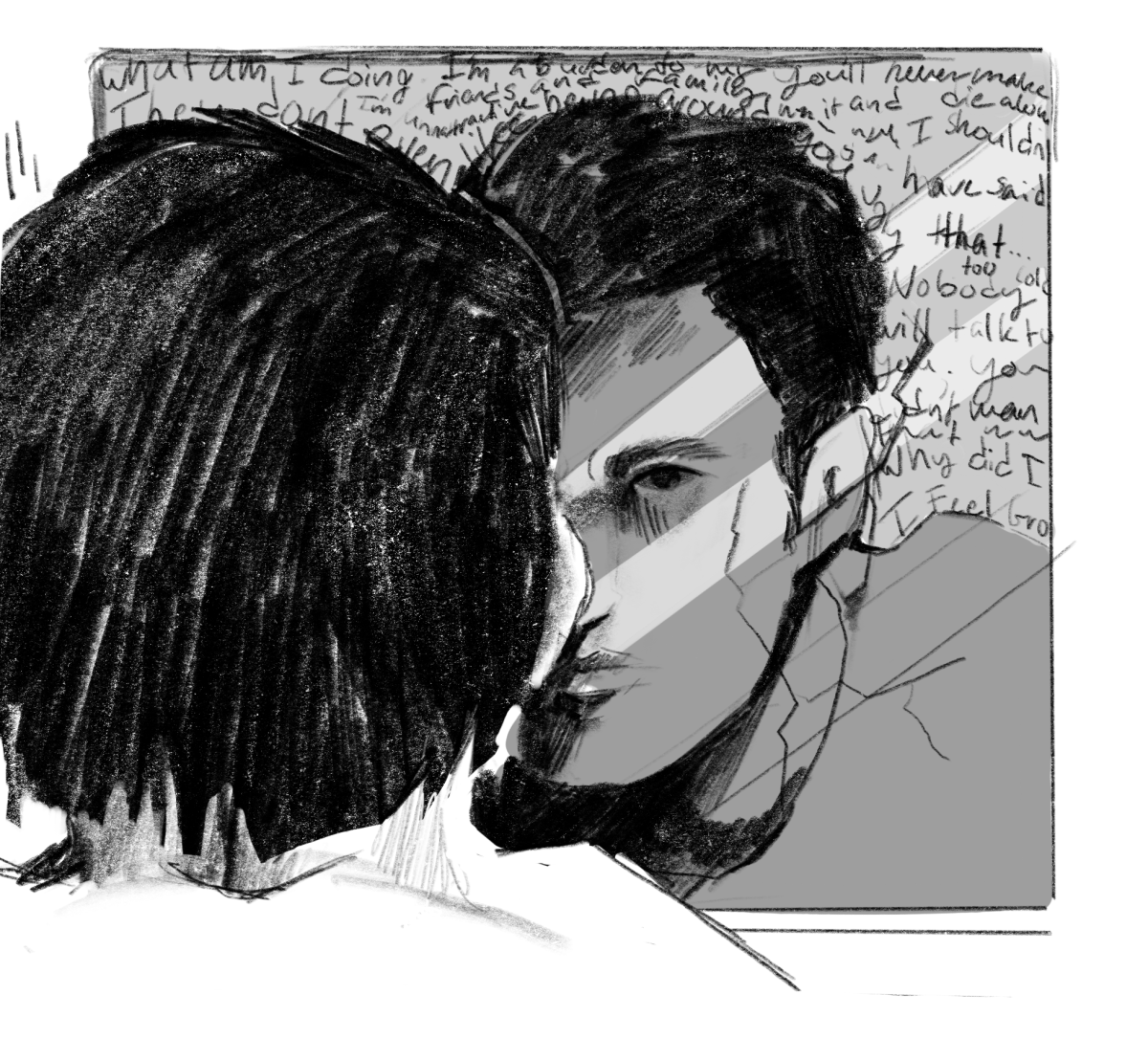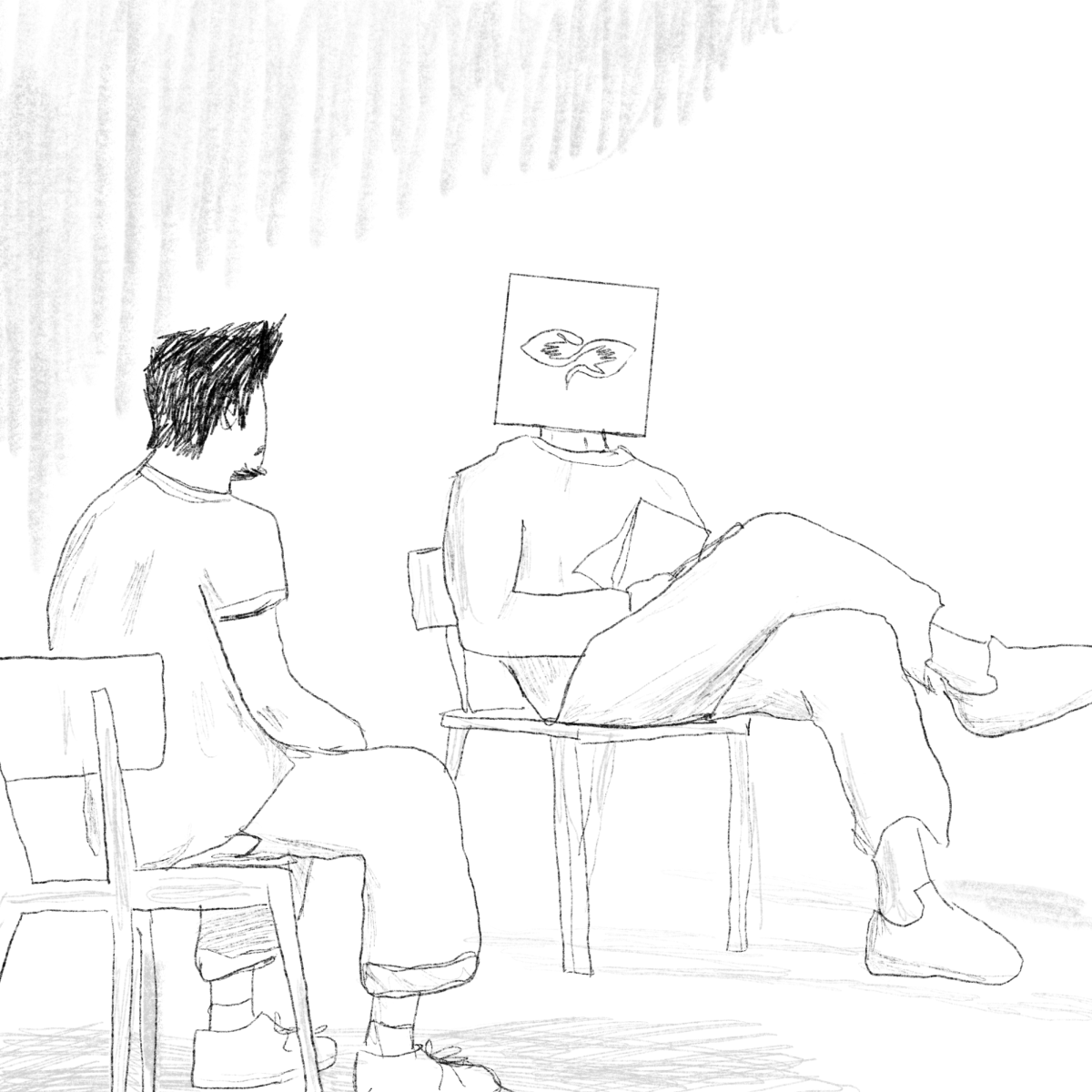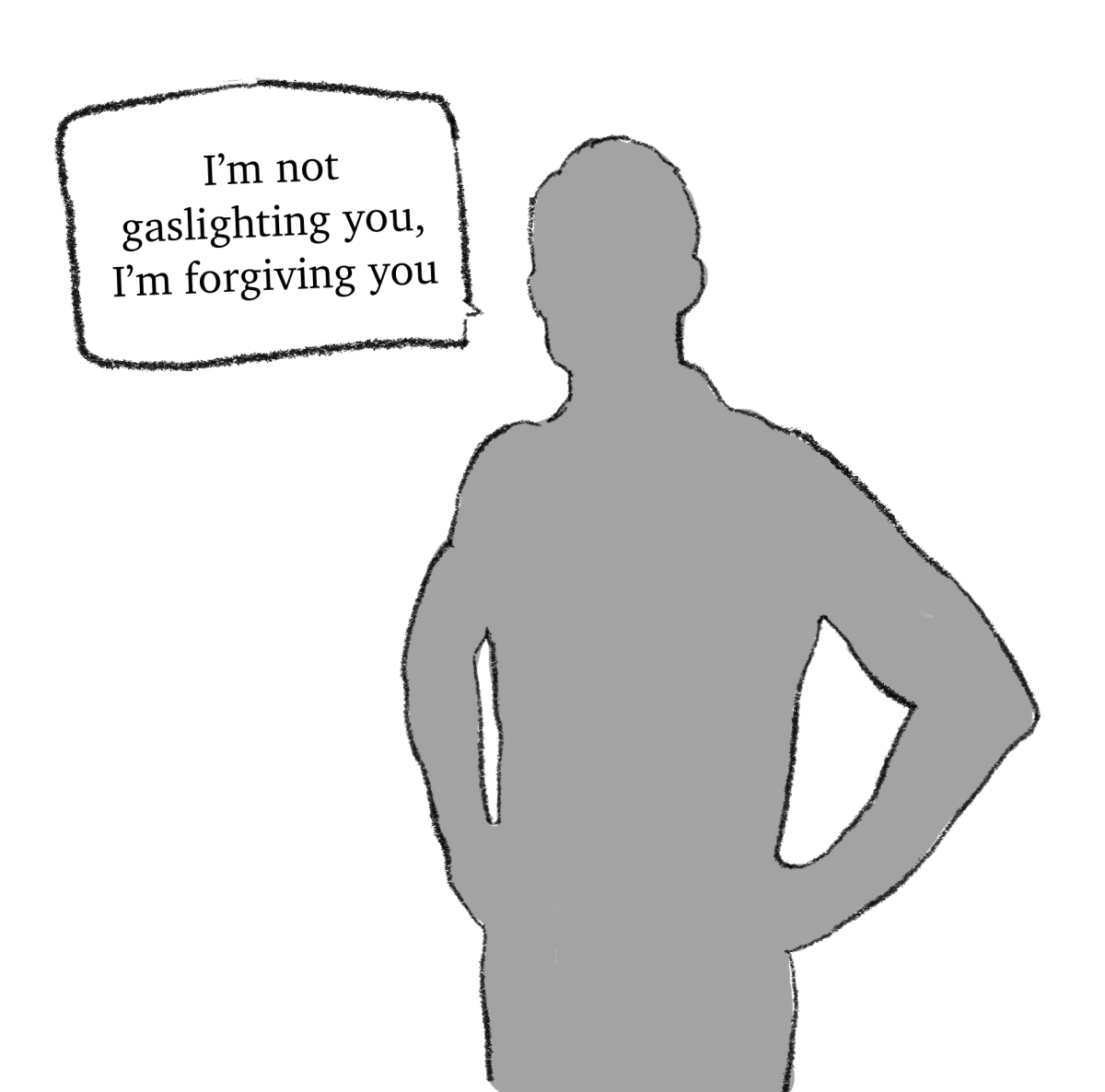While college students are often faced with common university-related ailments like frat flu, athlete’s foot and the occasional hangover-induced migraine, some may deal with more psychological phenomena. For students, comparison can be a damaging habit, leading to feelings of being out of place and other symptoms of imposter syndrome. While the extent and triggers of imposter syndrome vary from person to person, the college setting can foster high levels of it.
While the phrase imposter syndrome may be thrown around in professional and academic settings, it is important to understand what it actually is. According to Brown University, imposter syndrome can be defined as “a psychological pattern whereby an individual doubts their accomplishments and has a fear of being exposed as a fraud.” Studies show nearly 70% of individuals experience imposter syndrome, and that percentage only increases in academia. At its core, imposter syndrome leaves students feeling like they are undeserving and unqualified to be in the same environment as their peers.
Sonja Postma, sophomore mathematical finance and economics double-major, reflected on her experiences with imposter syndrome, acknowledging that a majority of people will encounter imposter syndrome throughout their lives. Postma shared that she typically encounters the most imposter syndrome when given a leadership role.
“I personally would define it as feeling out of place in a group because you’re under the assumption that everyone else there in the group is meant to be there and you’re not,” Postma said.
Different circumstances may enhance the severity of feelings of unworthiness. Whether it be your discipline of classes or positions you have assumed, imposter syndrome can be found even in the places you least expect.
Kiran Esani, junior biology major, expresses her own personal experiences with imposter syndrome, especially in the field of STEM (science, technology, engineering and math). However, Esani understands she’s earned her spot in her STEM classes, grounding her at times when she feels a heightened sense of imposter syndrome.
“Because I feel like sometimes, even in classrooms, you’re like, ‘This person is so smart. What am I doing in the same class as them?’” Esani said. “But then you just have to realize that, especially for STEM classes, you have to make certain prerequisites, and being a junior, being in elective classes, I’m like, ‘Okay, I’ve taken the same classes as somebody else, and I’ve passed them at least to get to that point, so I’m at least smart enough to be in the same class.’”
Jacob Fletcher, sophomore accounting major, shared the observations he had made about imposter syndrome in academia. For Fletcher, he experiences imposter syndrome most in classroom settings. In classroom settings, Fletcher described imposter syndrome as trying to put yourself in a box, limiting your creativity and potential.
“You really just have to know yourself and try to get over that hump of pretending to be something you’re not,” Fletcher said. “Everyone experiences it just a little bit, and then it varies depending on the person.”
Categories:
Imposter syndrome: That feeling plaguing college students
Students share their experiences battling with and overcoming imposter syndrome
More to Discover
About the Contributors
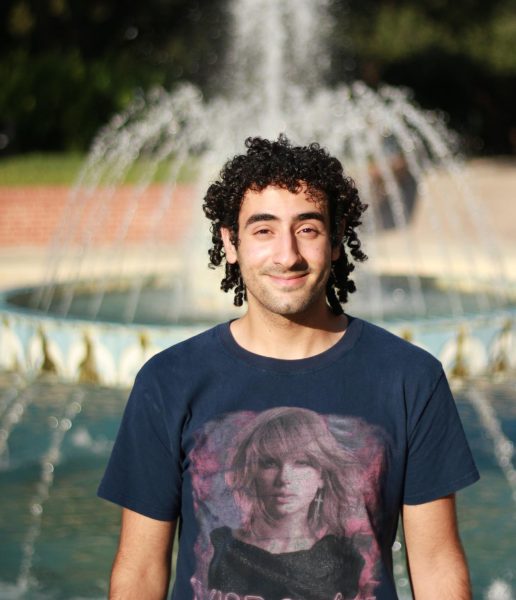
Omar Ratrut, Pulse Reporter
Hello! My name’s Omar Ratrut and I’m a sophomore political science and sociology double major from San Antonio. Aside from the Trinitonian, I’m involved in SGA and Greek Life (Omega Phi) on campus. I love thrifting, hanging out with friends, and listening to new music in my free time.
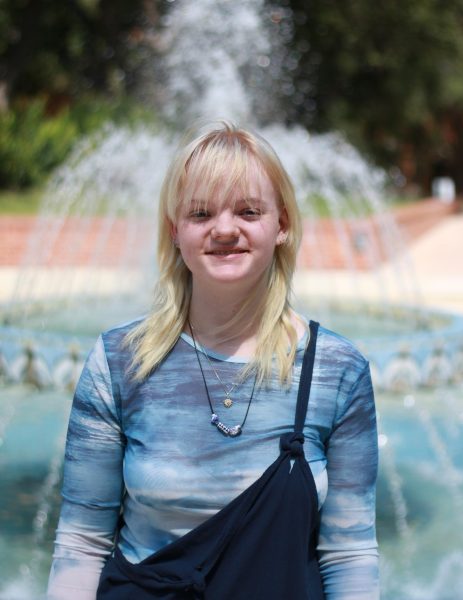
Ellie Perrier, Illustrator
I joined the trinitonian because a friend worked there! Now my mom gets excited to see my illustrations pop up in the digital paper. I am also the President of the Trinity Art Collective (TAC), and am an Art Department Studio Worker.

